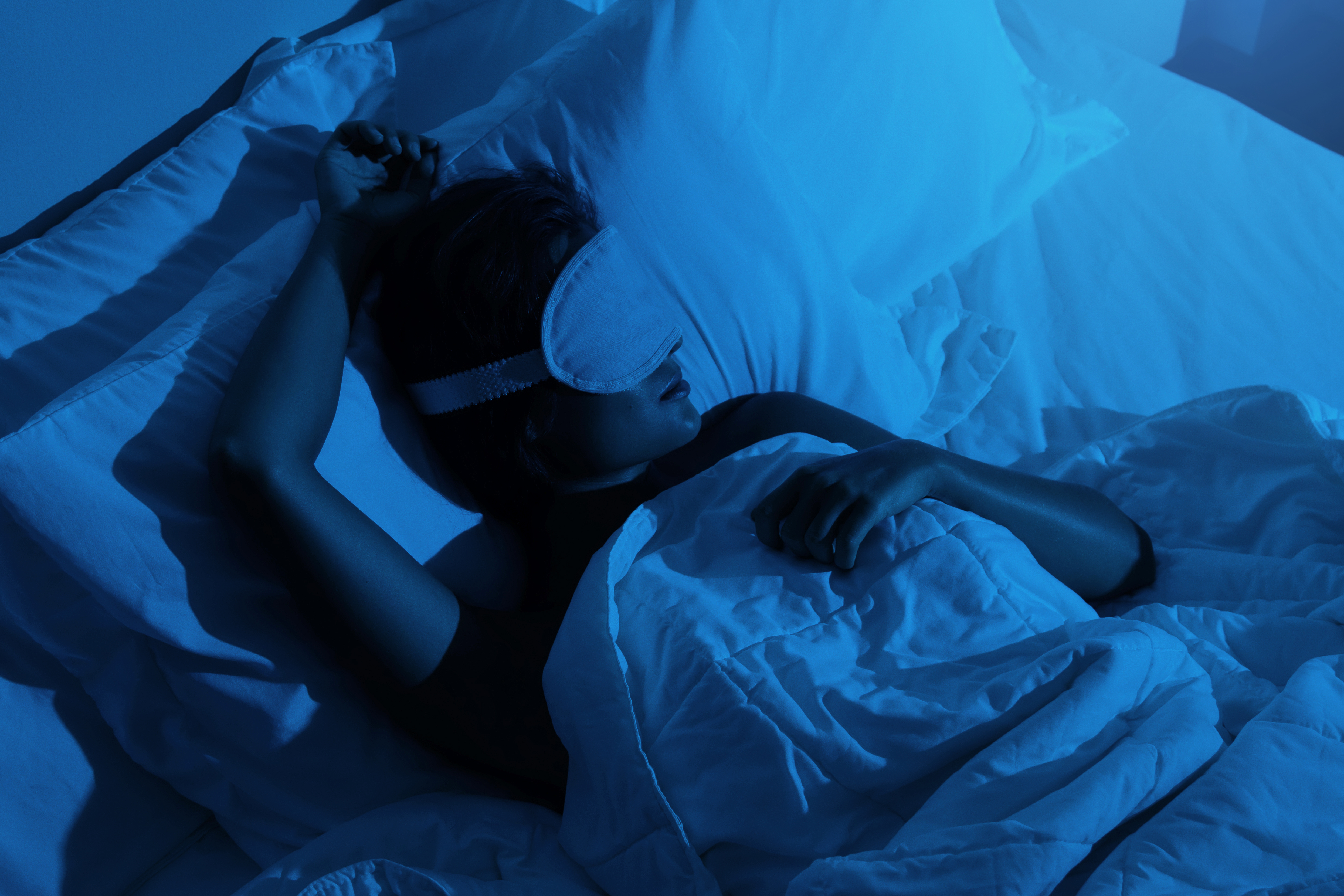Habits That Quiet Your Racing Mind Before Bed
In our fast-paced, modern world, sleep often becomes an elusive luxury rather than a fundamental necessity. Yet, the importance of a good night’s rest cannot be overstated. Sleep is not merely the absence of wakefulness but a critical process that rejuvenates our mind and body. As we delve into the art of sleep, we recognize that mastering the night requires more than just closing our eyes and hoping for the best. It involves cultivating a series of habits that prepare us to serenely drift into dreamland. This article explores 13 meticulously crafted habits that can transform your nightly routine, enhance your sleep quality, and ultimately improve your overall well-being. From understanding the science of sleep to creating a sanctuary in your bedroom, each section offers insightful strategies to help you embrace the night with tranquility and purpose.
1. The Science of Sleep: Understanding Your Body's Clock

To master the night, it's essential to understand the science behind sleep. Our bodies operate on a circadian rhythm, a natural internal process that regulates the sleep-wake cycle and repeats roughly every 24 hours. This biological clock is influenced by environmental cues like light and temperature, dictating when we feel alert and when we feel sleepy. The hormone melatonin plays a crucial role in this process, increasing in the evening to signal that it's time to wind down. By aligning our habits with our circadian rhythm, we can enhance our ability to fall asleep and stay asleep. Understanding this rhythm helps us appreciate why consistency in our sleep schedule is vital and how disruptions can lead to sleep disorders.
2. Creating a Sleep-Inducing Environment: The Bedroom Sanctuary

The environment in which we sleep plays a pivotal role in how well we rest. Transforming your bedroom into a sanctuary involves minimizing distractions and optimizing comfort. Start by evaluating your mattress and pillows, ensuring they provide adequate support. Consider the temperature of your room; a cooler environment, around 60-67 degrees Fahrenheit, is generally conducive to sleep. Darkness is also crucial, as light exposure can hinder melatonin production. Blackout curtains or an eye mask can be beneficial. Additionally, reducing noise with earplugs or a white noise machine can help maintain a peaceful atmosphere. By prioritizing these elements, you create a space that invites rest and relaxation.
